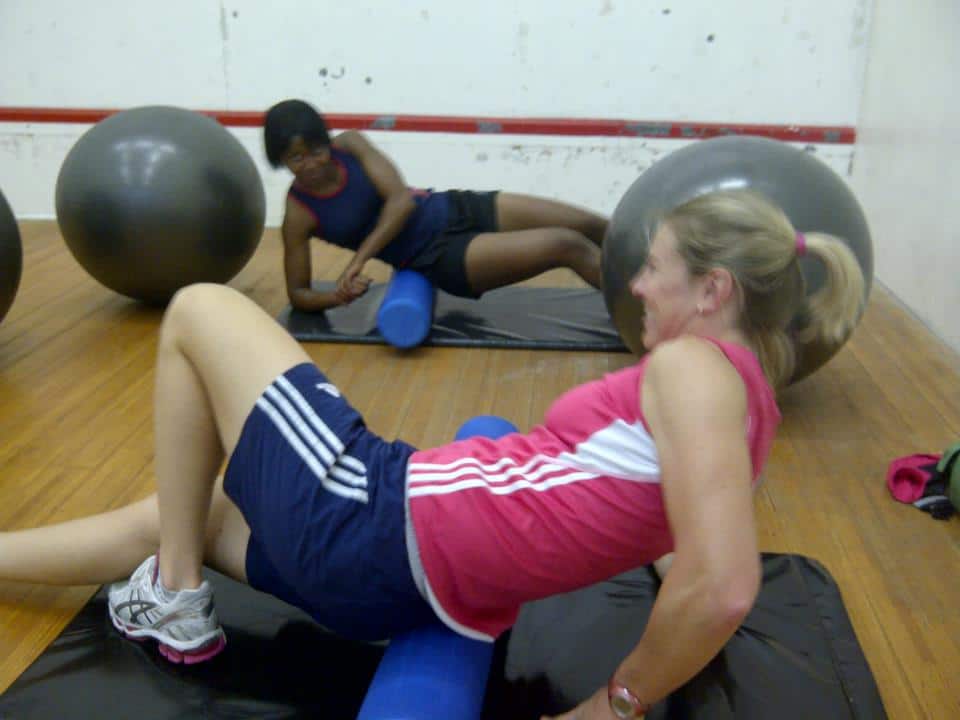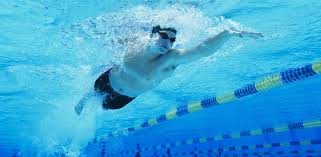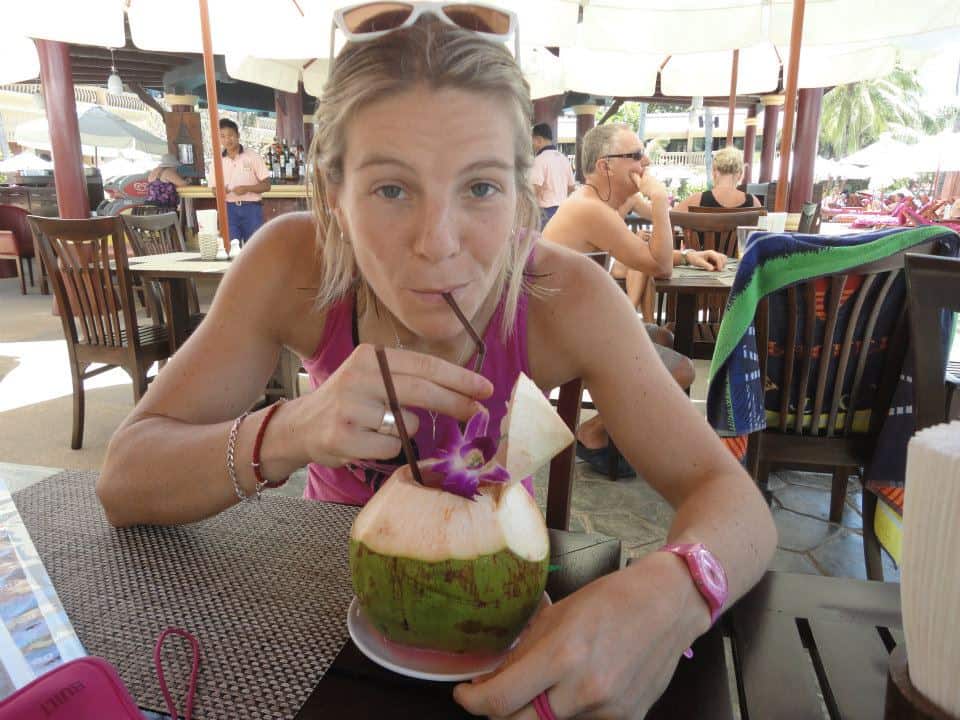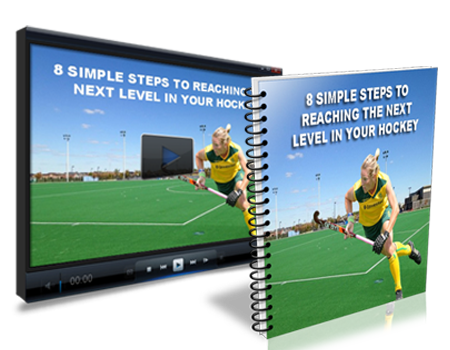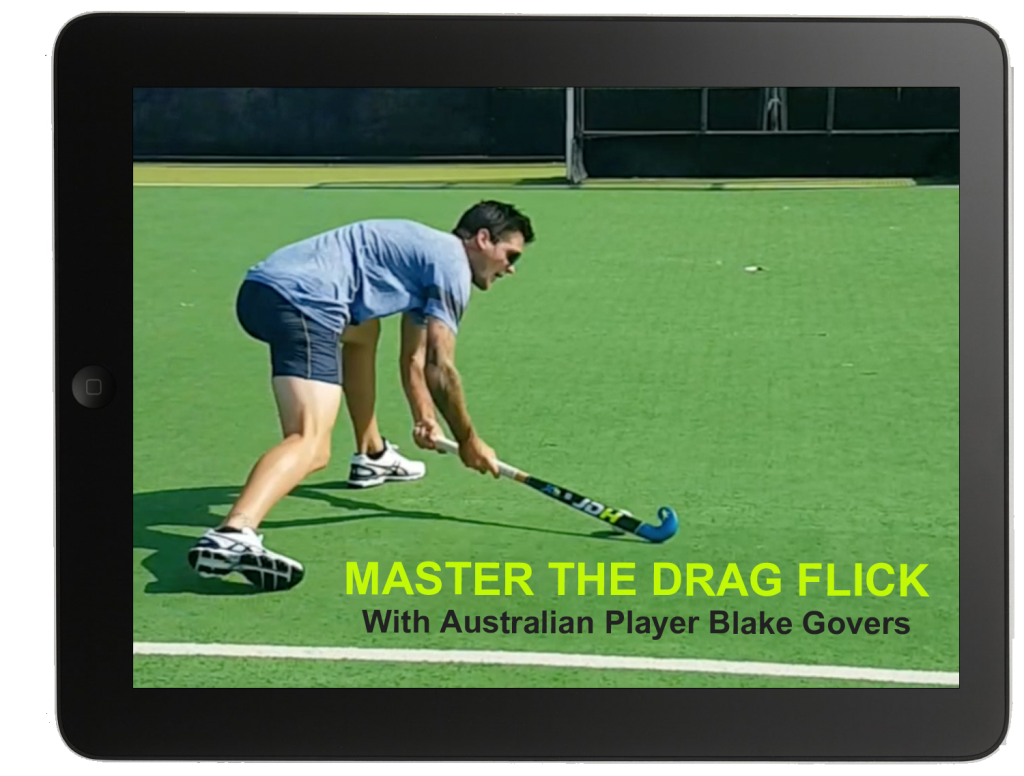Recovery is the key ingredient to maintaining your energy levels and avoiding overtraining. And you want to avoid overtraining as it is a long road to getting your “umph” back.
Field hockey can be pretty tough on the body but you can speed up your recovery with these effective recovery strategies.
Other than the obvious methods of resting and getting enough sleep, here are some other effective strategies to improve recovery time.
#1. Foam roll / massage
Playing hockey often creates tightness and knots in our muscles and fascia (connective tissue), even in area’s we are not always aware of.
Getting a massage is useful for improving circulation but it comes with a price tag. You can also try foam rolling which is a free alternative that you can do daily, plus it can be done in the comfort of your home.
Foam rolling is not the most comfortable exercise but can be effective in releasing tight spots in the body. Massage, like foam rolling helps to break up scar tissue and reduce stiffness.
Regular self-myofascial release can also help to prevent muscular imbalances from forming so the benefits are definitely worth it.
#2. Active Recovery
Doing easy and gentle movements can also improve circulation which helps the body to repair and refuel faster.
Light exercise and movements such as walking, cycling, swimming and even yoga are great forms of active recovery.
Aim for about 20 minutes of low intensity exercise and finish off with some stretching.
#3. Protein & Carb Hit
Getting fuel into your body after exercise is an important part of recovery, which is often overlooked by many. A good way of doing this is to refuel with a meal high in carbohydrates and protein.
The protein will kickstart muscle recovery and the carbs will decrease the amount of time it takes the body to get ready to go again.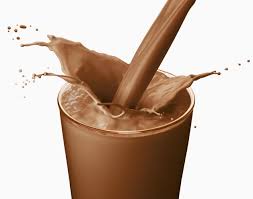
An easy drinkable option which is also portable is chocolate milk, although I would recommend eating a meal within 60 mins of finishing as the first option.
The key with nutrition is to plan ahead.
#4. Coconut Water
Staying hydrated (even after exercise) is important for those who play sport. Although water is usually sufficient, you may need to replace lost electrolytes especially after intense exercise, if you sweat a lot or if you get bored of the taste then try coconut water.
Coconut water is a natural alternative to the popular sports drinks that you see in most shops and often includes less sugar. It contains five of the essential electrolytes, sodium, magnesium, calcium, potassium and phosphorus.
There is typically 15 x more potassium in coconut water compared to other sports drinks, which is important to managing your levels of hydration.
My recommendation is to go for the non-flavoured variations and to mix it with water and/or some form of protein.
#5. Relaxation techniques
As well as physical recovery, we also need some form of psychological (i.e. mental) recovery too. There are various psychological strategies that can be used to enhance recovery.
I have found techniques such as breathing exercises, listening to music, meditation and the guided visualisations (that we provide for members) to be very effective.
Muscular relaxation techniques can also be useful both for recovery between sessions and to speed up healing during injuries.
The mind is incredible powerful and we can use this to make a positive impact on the body.
These are just a few of many recovery strategies that we recommend, along with the many tools we provide as part of our programs.
To learn more about how you can improve your hockey performance and take your game to the next level, signup below to get our free ebook & video:

